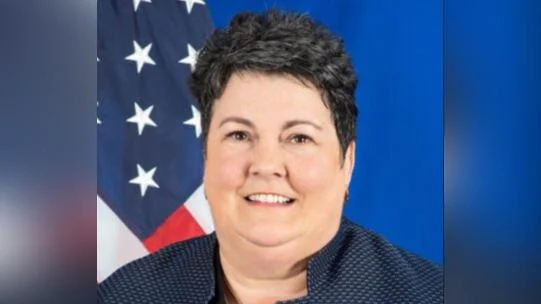Government officials from all 15 ECOWAS member states have pledged to enhance health services for vulnerable populations in West Africa as part of the global effort to end the AIDS epidemic by 2030. The commitment was made at a meeting in Dakar, Senegal, hosted by the Government of Senegal and organized by the United States Agency for International Development (USAID) in collaboration with the U.S. President’s Emergency Plan for AIDS Relief and the West Africa Health Organization.
Alex Deprez, USAID/West Africa Mission Director, emphasized the importance of focusing on under-served populations at higher risk of HIV. "Experts recognize that controlling the epidemic in West Africa will require focus on populations that are under-served and at higher risk of acquiring and transmitting HIV, including vulnerable populations such as commercial sex workers, men who have sex with men, and people who inject drugs," he stated. He also noted successful strategies from other countries: “We now know that in countries (like India) where vulnerable populations have been prioritized, HIV prevalence in both the general and key populations has remained low with significant gains in reducing HIV nationally.”
HIV prevalence among reproductive-age adults has decreased significantly over the past 15 years across all ECOWAS nations, with rates below 4 percent and around 1 percent in most areas. Despite this progress, vulnerable groups continue to bear a disproportionate share of HIV cases.
The meeting gathered health ministers, justice ministry staff, police directors, technical experts, donors, and civil society representatives to discuss the epidemic's impact on key groups. Acknowledging that policies must prioritize access to health services for these populations to reduce HIV transmission rates, ECOWAS state representatives signed a decree supporting programs focused on vulnerable groups as vital elements of national HIV strategies.
The U.S. President’s Emergency Plan for AIDS Relief (PEPFAR) supports this initiative as part of its mission to assist those affected by HIV/AIDS globally. This effort is also backed by USAID/West Africa Regional Office aiming to enhance social and economic well-being through partnerships with West Africans.
For more information about USAID's activities in West Africa visit their website.

